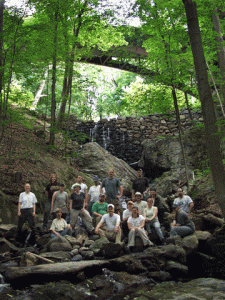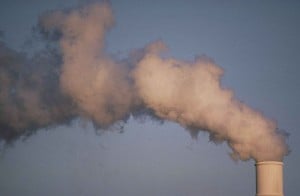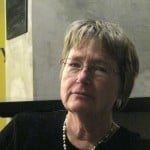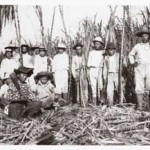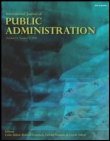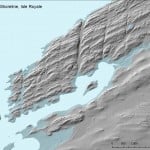Professor Barry Solomon and Assistant Professor Adam Wellstead (SS) published a paper with lead author Fei Li ’13 (MS in Environmental and Energy Policy), “Michigan’s RPS Ballot Defeat: A Policy Failure or Success?” in Energy Strategy Reviews, Volume 5 (December 2014), p. 78-87.
ABSTRACT:
Despite heavy reliance on fossil fuels, Michigan’s electorate soundly defeated a Renewable Energy Amendment in 2012 (Proposal 3). The proposal would have mandated that 25% of its electricity come from renewable energy resources by 2025. Prior to the election the State had legislated a 10% goal of adopting more renewable energy into its electricity system through a renewable portfolio standard. Was the defeat a policy failure? This paper employs concepts from the policy failure literature to answer the question. We argue that a traditional policy evaluation such as cost-benefit analysis (CBA) needs to be considered along with broader “political” evaluations. CBA results are complemented with political analysis, which reveal the complexity of evaluating key energy strategies.


